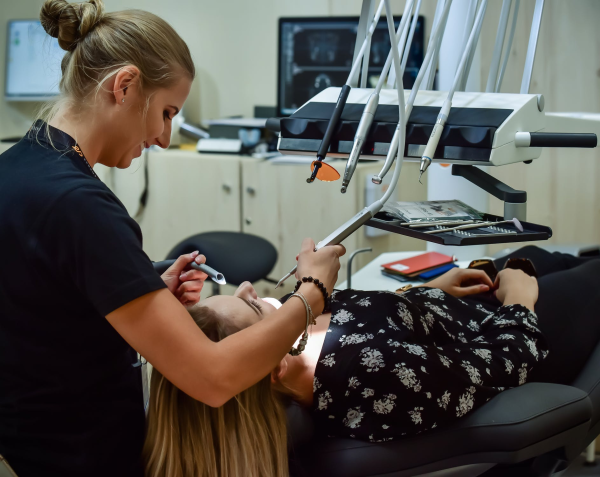Interpretation of entitlement to financial coverage for dental treatment

If you have a diagnosis that is on the A-list, you are entitled to benefits for necessary dental treatment, including preventive treatment. The dentist/dental hygienist is not required to assess whether there is a connection between the diagnosis in question and the need for dental treatment. This is what the Norwegian National Advisory Unit on Rare Disorders writes at helsenorge.no.
On the A-list, "deafblindness" is listed on an equal footing with Usher, Charge and Sticklers, among others. Does this mean that all people identified with deafblindness may be entitled to cover parts of medically necessary dental treatment even if they do not have the named syndromes above?
Tora Tollefsen, advisor at the Regional Centre for Deafblindness, UNN, contacted Kari Helene Dahl, county dental health manager for Troms and Finnmark to get an answer.
"Entry point 1 in section 5-6 applies to SMT - rare medical condition. The SMT list, which is divided into an A-list and a B-list, determines who receives support. The two mentioned here, "Usher" and "deafblindness" currently belong to the A-lists. The lists are dynamic and it is the dentist's responsibility to keep up to date. As long as the diagnosis belongs to the A-list, there is no requirement to document an increased need for dental treatment. Patients receive benefits according to tariffs set by the Ministry on 1 January each year. These tariffs do not cover all the costs of dental treatment, as all dentists and counties have their own tariffs. The difference between the HELFO tariffs and the dentist's tariff is called a deductible. There is often a misconception that full HELFO benefits provide free dental treatment. In the case of an annual examination mentioned as an example below, the examination and X-rays are covered by HELFO rates with a deductible."
The dentist/dental hygienist must therefore assess whether you fall under any of these exceptions and are therefore entitled to support from Helfo. Deafblindness is considered a rare medical condition, and if it can be documented, it can trigger financial support for dental treatment through HELFO. However, you may still have to pay a co-payment.
Read more about your rights in connection with necessary dental treatment at sansetap.no.
